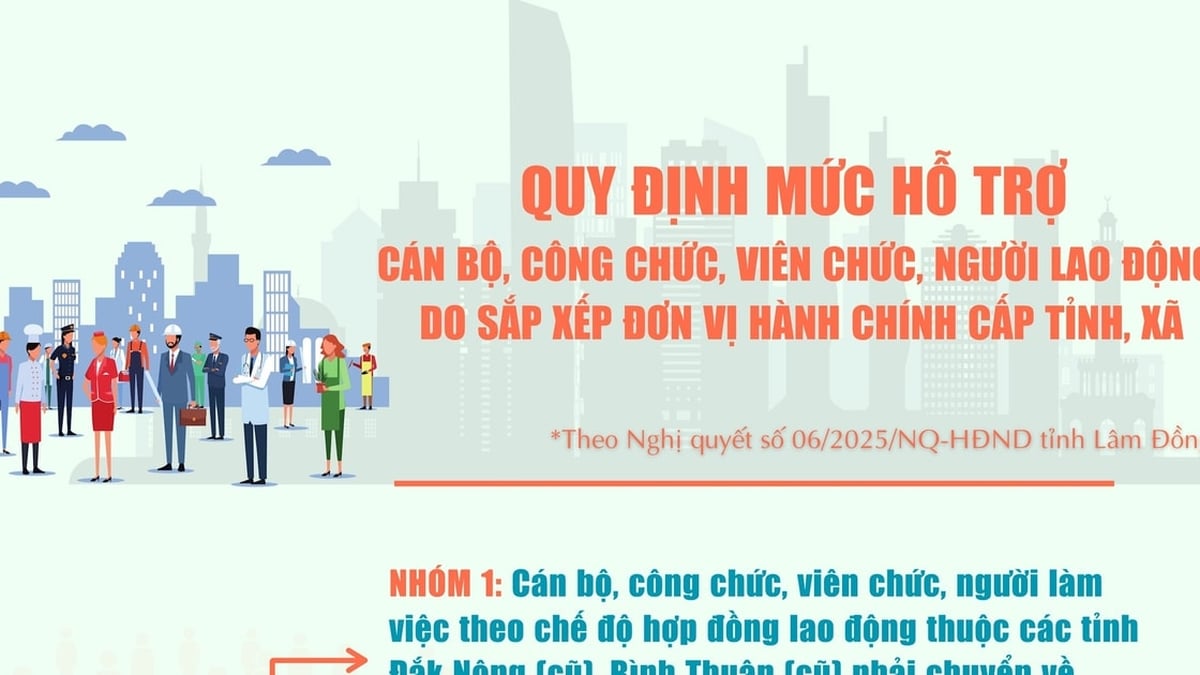
Image depicting young people using Facebook, TikTok
TikTok and Facebook’s recommendation algorithms are powered by artificial intelligence (AI) and machine learning, analyzing user behavior to deliver the most relevant content. Every like, comment, view time, or even pause on a post is recorded to create a personalized profile.
TikTok, with its "For You Page" (FYP) feature, stands out for its ability to accurately predict user interests in just a few swipes. Meanwhile, Facebook uses its News Feed algorithm to prioritize content from the friends, groups, or pages that users interact with the most.
Digital “addiction”
Huy, a third-year student in Ho Chi Minh City, said that every morning he has a habit of... opening TikTok before brushing his teeth. "I just intend to watch a few clips to wake up, but half an hour always passes." Huy laughed, but he also admitted that he felt "out of control" with his phone.
Not only Huy, many other young people also gradually form the reflex of opening social networks unconsciously: when waiting for the bus, eating, before going to bed... Without a clear purpose, just swipe, and a series of short videos appear, from humorous to current events. And the content recommendation algorithm always ensures that you will not exit too early.
The power of the recommendation algorithm lies in stimulating dopamine - a neurotransmitter associated with feelings of satisfaction.
Every funny video, shocking post, or eye-catching image creates a small “reward” in the brain, making users want to see more. Technology psychologist Nir Eyal, author of Hooked , explains that platforms like TikTok and Facebook are designed to create a “habit loop”: trigger, action, reward, and repeat.
However, algorithmic over-personalization also has consequences. Users can become trapped in a “filter bubble,” where they are only exposed to content that reinforces their existing views. Furthermore, algorithms often favor inflammatory or controversial content to increase engagement, inadvertently promoting the spread of misinformation or harmful content.
Recommendation algorithms know you better than you know yourself
"It feels like Facebook Reels can read my mood," Thu Ha, a 25-year-old employee in Ho Chi Minh City, shared.
Ha recounted that one time she had just had a bad day, feeling exhausted and stuck. "At that time, I just wanted to find something to relieve, to forget the pressure," she said. As soon as she opened the Facebook app, what surprised her was that her Reels timeline was suddenly filled with "soul-healing" videos - from peaceful nature scenes, inspirational quotes, to light-hearted humorous clips.
"It's so addictive. An hour flies by," Thu Ha exclaimed, her voice a mixture of excitement and a bit of regret at how quickly time passed. She admitted that she was caught up in the whirlwind of short videos, forgetting about the time and space around her. "I felt so comforted and soothed," she added.
That story is not uncommon. Today's digital platforms are based on user behavior data: what you like, what you fear, what you care about... all are learned by machine learning. The recommendation algorithm not only "guesses" correctly, but also keeps you on as long as possible, because that's how the platforms make money from advertising.
When your brain is constantly fed with short, fast, stimulating content, you easily lose the ability to focus on slow, deep things. That's why many young people today have difficulty sitting still reading a book for more than 10 minutes, but can watch TikTok continuously for 3 hours without getting bored.
Algorithms were originally created to improve the user experience: helping you find the item you want to buy, the article you want to read, or the music you’re in the mood for. But when the goal shifted to keeping you engaged for as long as possible, things started to change.
These intelligent systems learn every click, every second you pause, and then build a world of content "just for you". And because they see only things that suit your taste and emotions, users are easily drawn in and cannot escape.
More importantly, algorithms don’t just predict your behavior; they also gradually reshape the way you think. What you see most often becomes what you believe is popular, right, and important. Unwittingly, users become victims of a purposeful mirror where everything is pre-arranged.
Source: https://tuoitre.vn/tiktok-facebook-va-con-nghien-thuat-toan-de-xuat-20250605101756375.htm




































































































Comment (0)